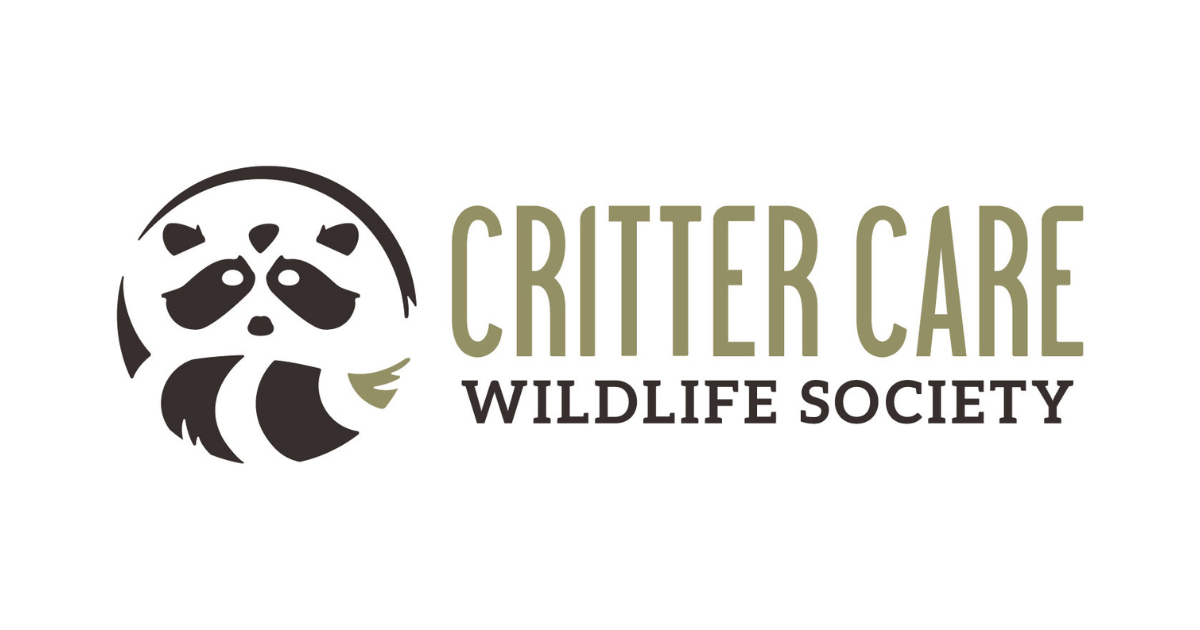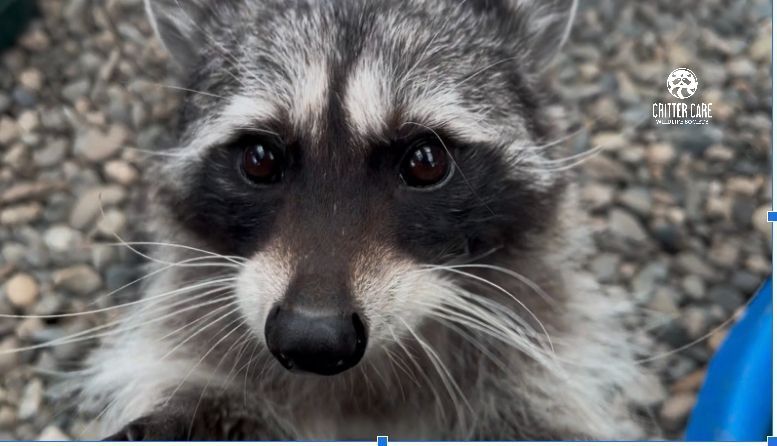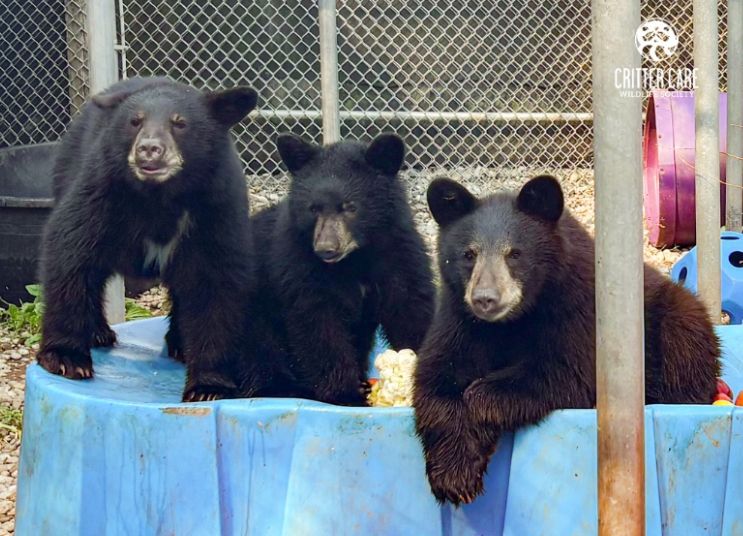Spring has come and the bears are out and about. Let’s talk safety.
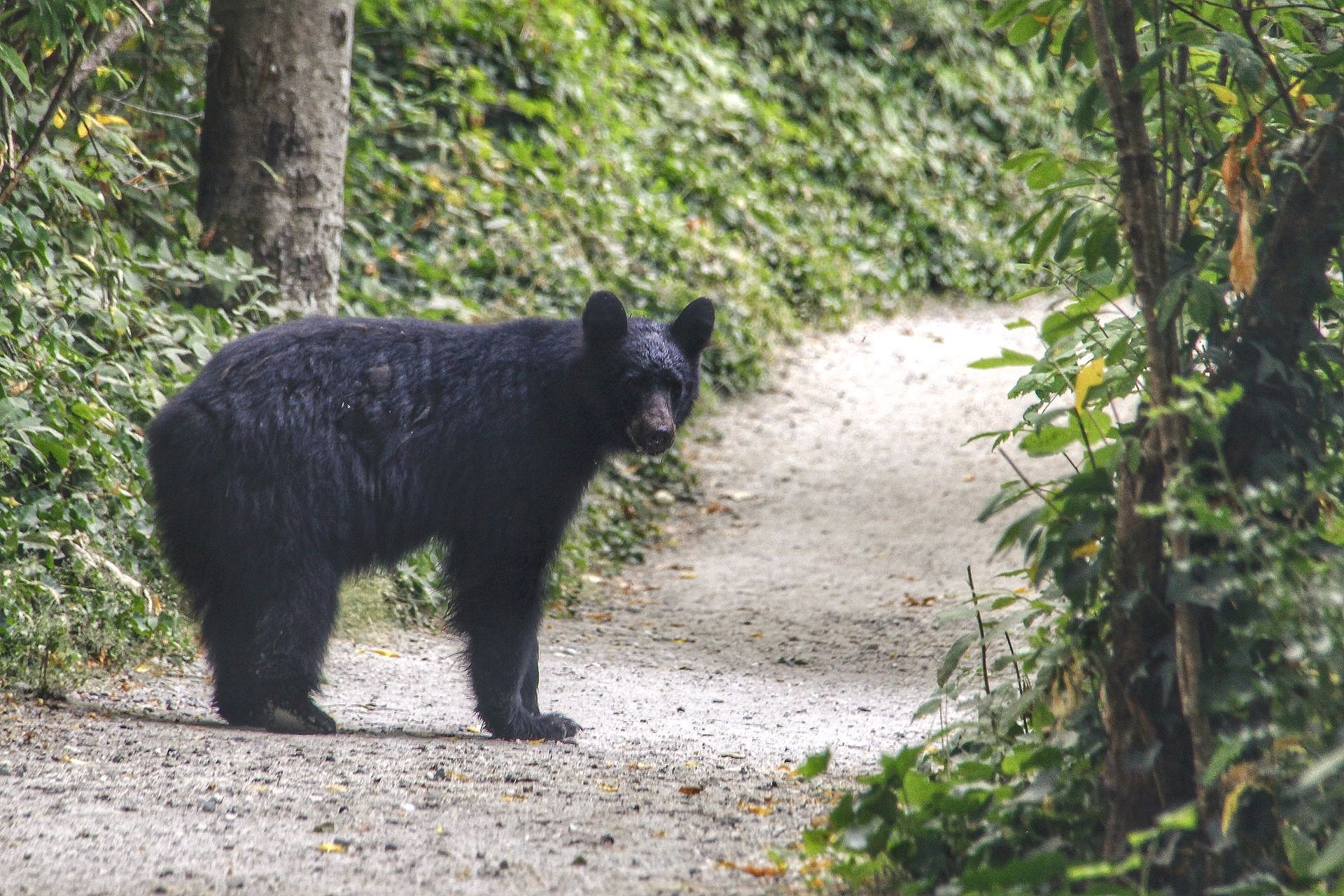
Out and about
With the warming weather and the waking spring, the bears are leaving their dens, wandering farther and spending more time in search of food. In this post, we will cover some helpful tips to avoid bear encounters and what to do if you do encounter one. Bears, in general, will avoid meeting people and will avoid conflict unless, startled or feeling threatened. The vast majority of bear attacks are defensive in nature.
Avoiding Encounters
Here are some helpful tips to avoid an encounter with bears:
- Avoid running, hiking, walking at night, dusk or dawn, when animals do not expect your presence.
- Keep to designated trails. Many bears, and other animals, have learned to avoid humans by staying off trails used by us. (However, that does not mean they never do.)
- Travel is a group. Stay close to one another, while keeping children in the centre of the group. Do not let children wander on their own. A good tip, if you have to yell to communicate, you are to far apart.
- Keep your pets on a leash and under control. Avoid bringing your pet into sensitive wildlife corridors or areas. It is possible that they could attract or provoke an attack.
- Don't wear ear buds or headphones when walking in an area with bear activity. Bears will snort, or grunt a warning. Crows, and other birds, will often sound alarm calls, listen to them as well; they may be announcing the presence of a bear(s).
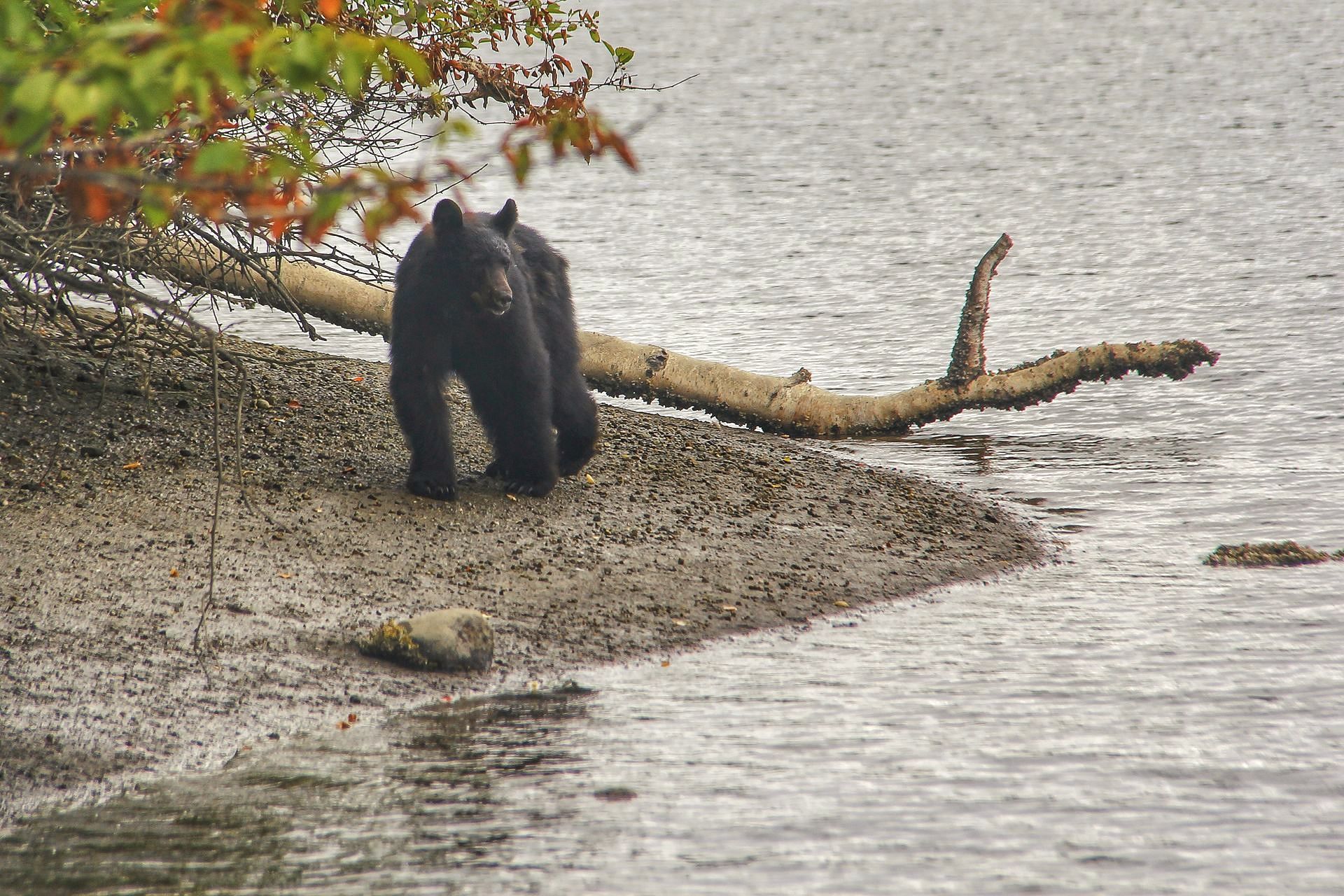
Habituation
What is habituation? When bears lose their general wariness of humans, and have learned to tolerate them, this is known as ‘habituation’. Most of the time, this is not a problem, as bears will still avoid conflict. However, the situation becomes more dangerous when bears start to associate humans with food. To prevent this, you should:
- Never feed bears.
- Store garbage in bear proof containers, freeze food waste, and put the bins out, only on the morning of collection.
- If camping, keep a clean campsite, store food, and other things that smell, in your car when you are not around.
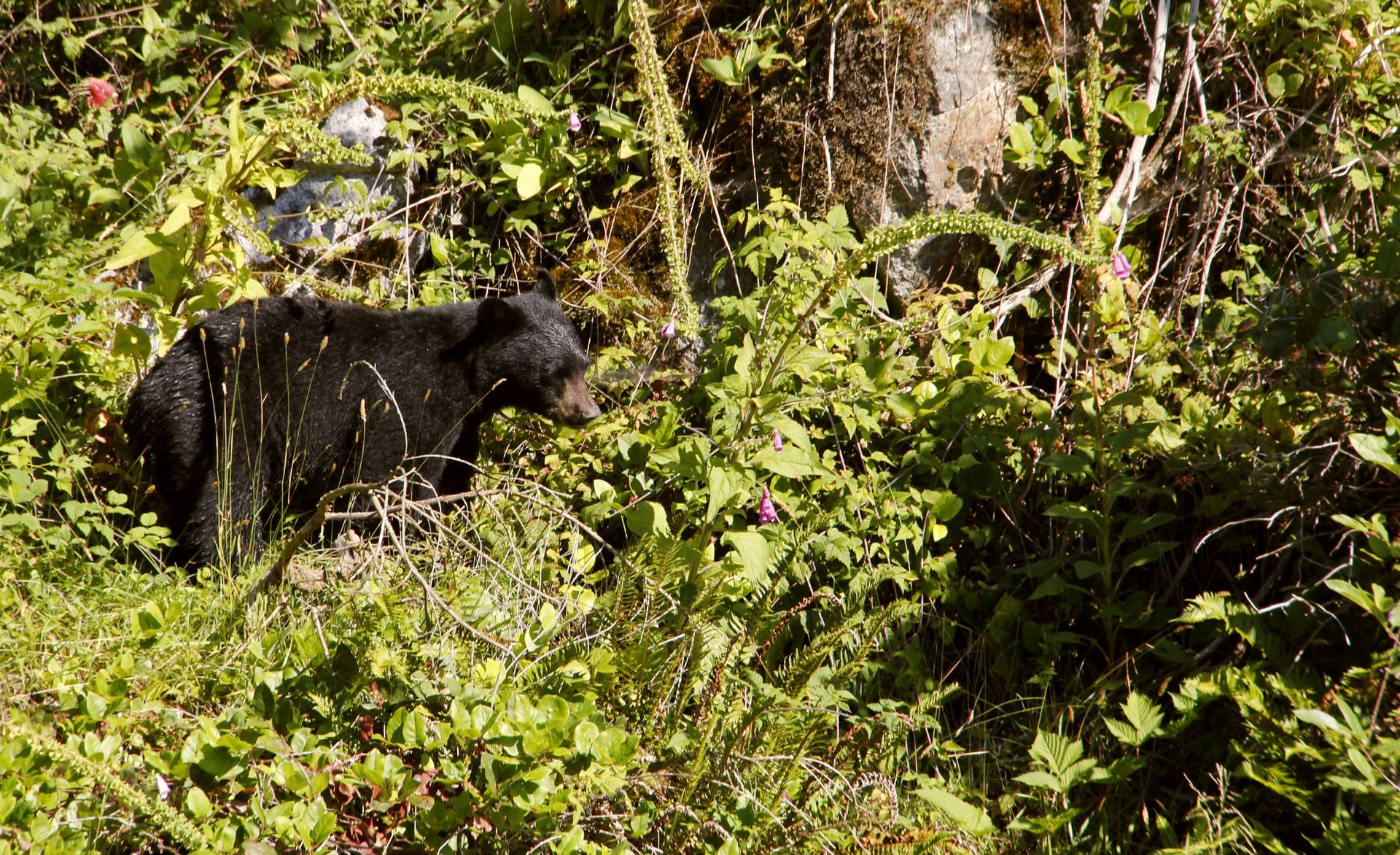
Encountering a Bear
- If you meet a bear, stop, stay calm, and observe its behaviour. Then decide what to do next.
Do not run from the bear.
- If the bear has not seen you, leave the area slowly, while keeping an eye on the bear.
- If the bear has seen you but has not reacted, continue speaking softly, and backing away slowly.
- Pull out your bear spray if you are carrying.
- Should the bear start grunting, showing aggression, or otherwise seem agitated. Keep speaking softly while backing away slowly, avoiding eye contact. Prepare your bears spray
if you have it. Do not run away from the bear.
- If the bear does charge you, stand your ground and yell at them. When they are in range, discharge your bear spray.
- If you get knocked down, roll onto your stomach, protect the back of your neck. Also, spread your feet a bit, to make it more difficult to be turned over. Usually, the bear will give up and walk away.
- If the bear keeps attacking, or the attack seems predatory in nature, fight back, use what ever is at hand to fight them off. Target the eyes and nose.
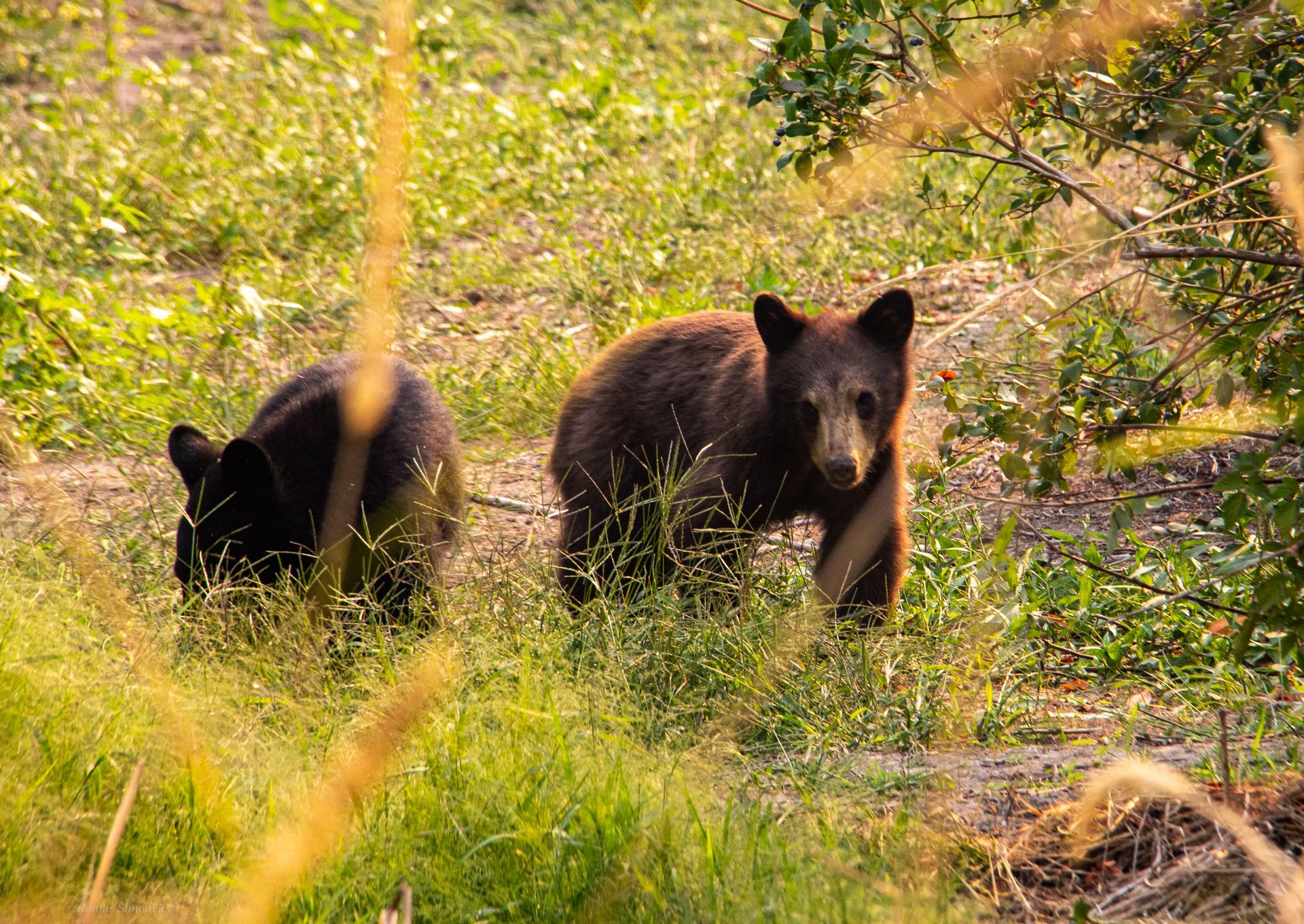
Observing bears
Watch bears from a distance of at least 100 meters, (10 city buses), never approach or feed a bear. If you are photographing bears, use a long lens. Do not, turn your back on them to take a selfie. When driving and you see a bear at the side of the road, the best thing you can do for the safety of the bear, for other road users, and yourself, is not to stop. A photograph is not worth
a life.
Bears do not have to be feared, only respected. By following some simple guidelines, and giving the bears space, we can all coexist in this beautiful space we call home.
Photos: Romas Šimonėlis
Critter Care Wildlife Society News

Sign up to get inspiring stories of rescue,
rehabilitation and release from Critter Care
Be the first to receive our newsletter, new blog posts, and updates
about our most critical needs and community news.
